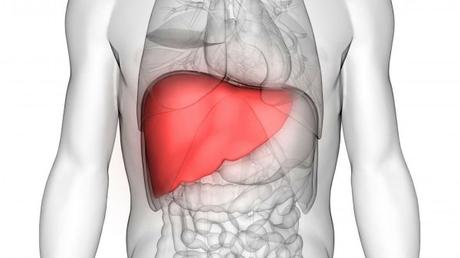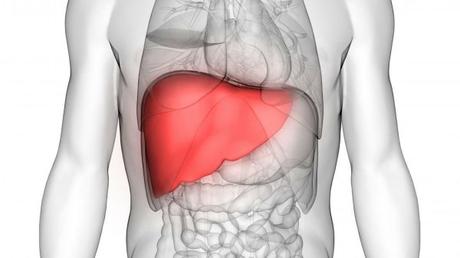

The liver is the largest internal organ that is found in the human body. It is an important component of the digestive system. It is found below the diaphragm on the right side of the abdomen. Some of the functions of the liver are the production of bile which absorbs fats, detoxification of the blood, fat-soluble vitamins, processing of nutrients and produces proteins that aids in blood-clot.
The liver transplant in India is a surgical procedure that is done as the last resort for end-stage liver disease. This disease is called Cirrhosis or chronic liver disease with decompensation. The process involves complete removal of the liver and replaces it with that of the healthy donor. But it is decided based on the severity of the condition, overall physical condition, medical history of the patient and other medical conditions that an individual has. But if the person is afflicted by heart or cancer problems, then liver transplant will not be done.
Some of the diseases that will result in the liver transplantation are: Hepatitis infection like hepatitis A, B, C, E. Hepatitis A causes acute liver failure where hepatitis B and C causes chronic liver failure. Other than this alcoholic liver disease as well as non-alcoholic liver disease which is otherwise known as fatty liver disease which leads to cirrhosis. Some other causes are Sclerosing cholangitis, liver cancer, Auto-immune liver disease and disease that are heredities like Wilson's disease or copper accumulation in the liver and also Hemochromatosis or accumulation of iron in the liver. The liver disease will also occur in children and the reason could be blockage of bile duct and glycogen storage. There is the liver transplant hospital in Delhi who will provide you with excellent treatment.
Hepatitis C is an infection which is caused due to the blood transfusions which were done in the past before epilepsy screening was done in the blood samples before the transmissions. The usage of unsterilized or improperly sterilized needles used for injections in the past. There are also some common reasons that Hepatitis C is prevalent in South Asian countries as well as in India. The presence of Hepatitis C can be found through the simple blood test. Once it is confirmed, they will carry out another test called PCR test to know about the type and virus quality present in the blood. Once these tests are done, treatment will be started based on the clinical condition. The treatment for Hepatitis C has grown rapidly during the past four to five years. Earlier the success rate was only 40% to 50%. But medicines are available now which gives a cure rate of about 95%. If the effective treatment of Hepatitis C is done, then the world can get rid of it by 2030.
Yet another major reason for the liver failure is the Hepatitis B which also requires the transplant. Once it is confirmed, it is important for the patient to consult a specialist. Even if Hepatitis B is inactive, regular check-up should be done as it might get reactivated. Those who are affected with Hepatitis B have chances of getting liver cancer as well as liver failures. Under the circumstances, routine and regular follow-up is a must. It is quite important for the women who are pregnant to be tested for Hepatitis B. In case, they have it, it will affect the unborn child though it is easily preventable. If the mother has an infection, then she should be given the medications to decrease it. When the child is born, it should also be given both active and passive immunization to prevent it.
Fatty liver disease or non-alcoholic liver disease is quite common due to diabetes and an unhealthy lifestyle. This can be found out only during routine health check-ups such as blood tests or scans. As of now, there are no medications for fatty liver disease.
The liver transplant in India which is a new procedure is done since 1967. It involves complete removal of the old cirrhotic liver affected by chronic liver disease and replaces it with another person's liver who is diseased and from the brain-dead donor. It is a complicated procedure and requires the patient to be evaluated. After undergoing transplantation, they have to be in the ICU for 3-4 days. The liver has the power to regenerate itself. That is, the part of the patient's liver along with the part of the donor's liver join together and grow together to normal size in four weeks' time.
There is the leading liver transplant hospital in Delhi who can be approached for treating liver disease and transplantation. They will plan your treatment according to your health conditions.
